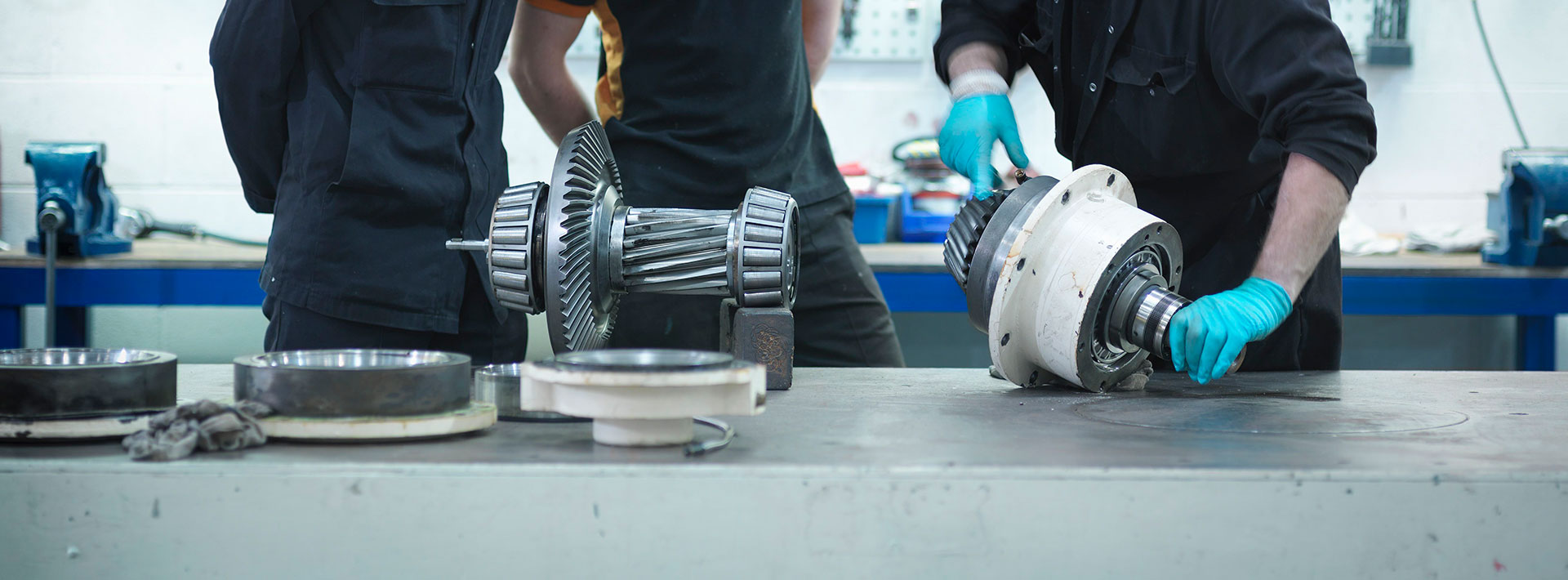




Periodic control and inspection services provided by the competent authorities are aimed at systematic and independent evaluation of the design, implementation and results of the activities, programs or policies of the enterprises. In this way, timely, reliable and useful information is provided for business management.
Control and inspection results are needed to determine the efficiency and sustainability of policies and strategies and the efficiency of operational activities and programs. In this way, enterprises see the points that need improvement and can implement corrective actions in a timely manner.
In addition, businesses obtain real and analytical information, measure their performance, determine compliance with applicable regulations and operating policies, share best practices or promising approaches to their activities, and evaluate claims such as waste management, abuse and mismanagement.
In the control and inspection services, different methods are applied and different standards are taken into consideration according to the field of activity of the enterprises and the characteristics of the machinery and equipment used. Auditors working in competent bodies are trained and experienced in assessment methodologies. They are familiar with the scope, processes and assumptions of the programs or activities being audited and have a broad interdisciplinary ability to question.
Both the competent authority and the auditors must act independently and impartially in the control and inspection activities. Therefore, their final reports are accepted by third parties as reliable and accurate. Control and inspection officers are obliged to maintain their independence. However, in this case, their opinions, decisions, predictions and recommendations are neutral. At this point, the competent authority has to be vigilant and avoid these situations which would make their objectivity and independence doubt.
There are three factors that disrupt the independence and impartiality of control and inspection bodies and auditors: personal, organizational and non-operating. If one or more of these values affects the ability of control and inspection bodies or auditors to report work and results impartially, control and inspection should be stopped.
In fact, the control and inspection bodies also carry out their activities within the framework of the TS 17020 standard criteria (TS EN ISO / IEC 17020 General criteria for the operation of various types of inspection bodies). The accreditation of these organizations depends on their compliance with this standard.
The basis for specific inspection services is based on the control and inspection of the design and operating conditions of a number of specific machines, equipment and materials.
Our company provides many specific inspection services to its customers with a strong technological infrastructure and a trained and experienced staff. Some of the main services provided are:
Firstly, it is determined whether the organization meets the mandatory requirements of the standard and whether to proceed to the next stage.
It is checked whether necessary procedures and audits have been developed and your institution's readiness for evaluation is reviewed.
The findings that arise in the first two stages are evaluated and after all corrective actions are reviewed, document preparation is started.
To get an appointment, to get more detailed information or to request an evaluation, you can ask us to fill in our form and reach you.